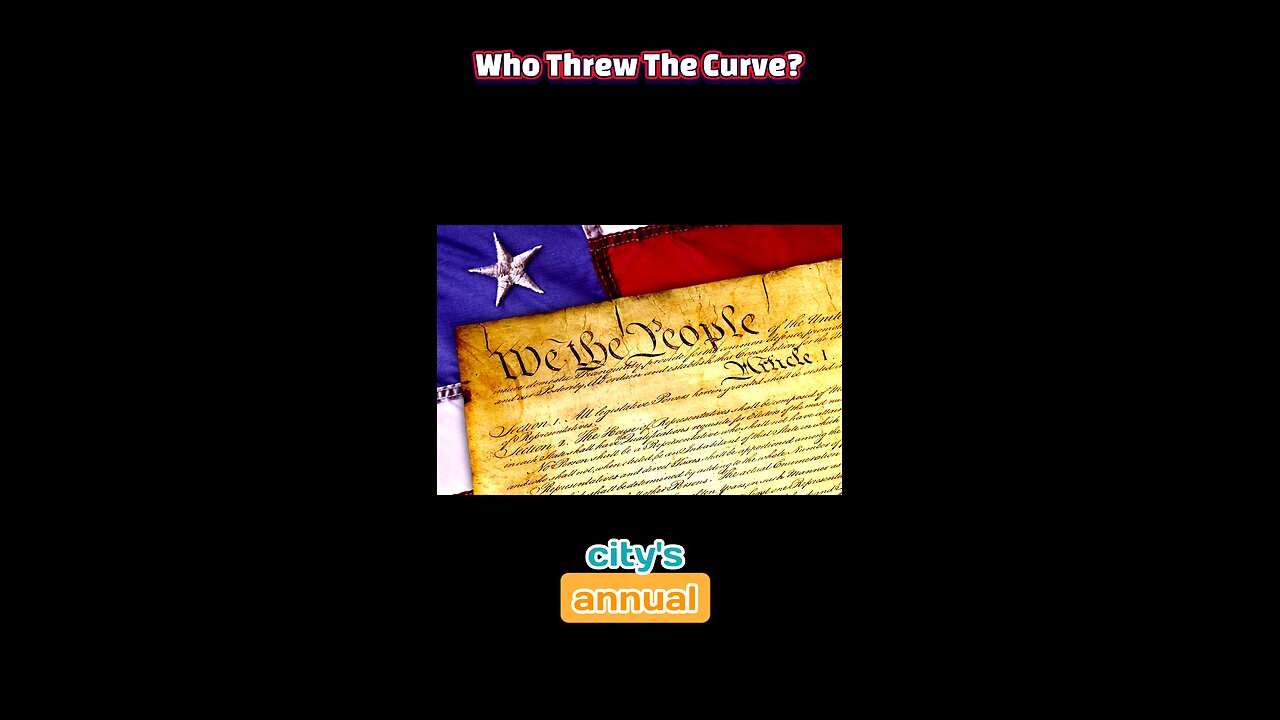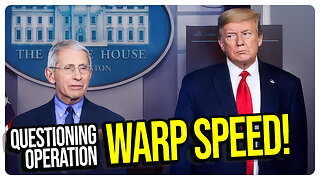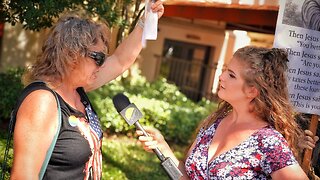Premium Only Content

Why Your City & State Are ‘Incorporated’ (It’s Not What You Think!)
#IncorporationExplained #LocalGovHumor #Civic101 #CityLifeUnfiltered #StateAndCity #GovernmentWit #TaxationNation #LegalPersonhood #unitedstates #us #government #america
Incorporation is basically the government’s way of saying, “Congrats, you’re a real legal adult now.” Instead of leaving states and cities as intangible blobs of land where folks wander around wondering who’s in charge, we slap a charter on them, hand them a wig of officialdom, and say, “Here you go, go govern yourselves, but within these rules.” It’s like giving your kid a birth certificate so they can no longer borrow your car without consequences.
Once a state or city is “incorporated,” it gets its own personality, minus the sparkling personality, of course, and can enter contracts, own property, and even sue you if you decide to set up a rogue lemonade stand on its sidewalk. This legal personhood is less existential crisis and more “please file your taxes on time,” ensuring the government itself can’t ghost its bills or responsibilities.
Boundaries matter, especially when you want to avoid that awkward moment where your neighbor mows your lawn at 2 a.m. because he genuinely believes he’s in the city of Funville, not Boredomville. Incorporation draws the lines on the map, spells out who calls the shots, and prevents neighboring jurisdictions from sending tax bills to your doorstep or dispatching their police force for an impromptu parking ticket frenzy.
Of course, power without money is just a polite suggestion. Incorporation hands states and cities the almighty taxing authority, plus the power to issue bonds, fine you for jaywalking, and charge your water bill. Without that sweet, sweet revenue stream, none of those potholes get filled, the local pool stays a kiddie wading puddle, and your city’s annual “Fourth of July — Because We Have To” fireworks show consists of sparklers and a can of Raid.
At the end of the day, incorporation is democracy’s training wheels. It sets up a neat system of elections, checks and balances, and judicial oversight so your mayor doesn’t suddenly declare himself Emperor of Elm Street. It guarantees that when the city council debates the thrilling topic of whether to ban electric scooters on sidewalks, there’s a clear process, and popcorn-worthy public comment, rather than spontaneous chaos.
-
 LIVE
LIVE
blackfox87
2 hours agoWe Back Baby!! | PREMIUM CREATOR | #DisabledVeteran
67 watching -
 LIVE
LIVE
MadHouse_
58 minutes agoFinsihing up the Main story and then some DLC.
17 watching -
 1:41:06
1:41:06
vivafrei
5 hours agoTrump Changing Tune on Operation Warp Speed? CBC Promoting Propaganda? Shiloh Hendrix Update & MORE!
184K92 -
 LIVE
LIVE
The Mike Schwartz Show
3 hours agoTHE MIKE SCHWARTZ SHOW Evening Edition 09-01-2025
100 watching -
 46:25
46:25
The Quartering
7 hours agoMeta PC Winner, Trump Ruins Libs Dark Fantasy & Raja Jackson Case Heats Up!
135K57 -

StoneMountain64
6 hours agoNew Missions for Battlefield 6 Unlocks (+New Mouse and Keyboard)
40.3K1 -
 2:09:47
2:09:47
Nerdrotic
11 hours ago $6.72 earnedHollywood's Long Dark Summer of the Soul - Nerdrotic Nooner 511
77.4K4 -
 1:36:05
1:36:05
Side Scrollers Podcast
8 hours agoStreamer ATTACKS Men Then Cries Victim + Pronoun Rant Anniversary + More | Side Scrollers
59.6K -
 12:06
12:06
Liberty Hangout
2 days agoDemocrat Woman Can't Define 'Woman'
72K91 -
 8:56:27
8:56:27
GritsGG
11 hours agoRumble Customs! 3515 Ws! 🫡!
96.3K2